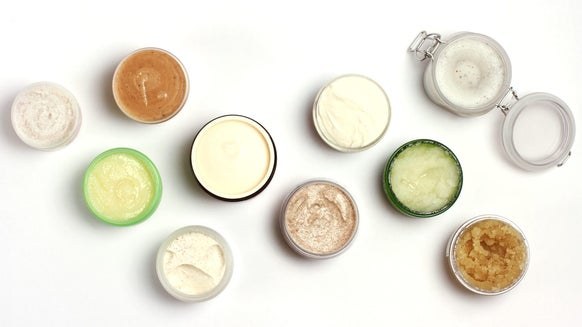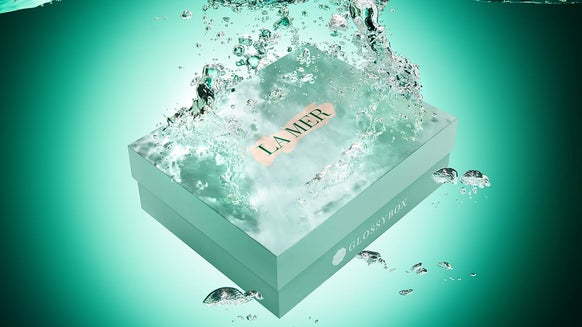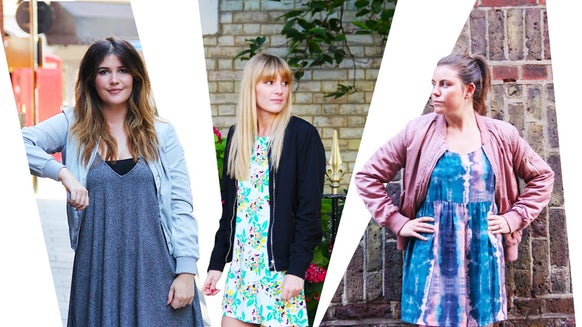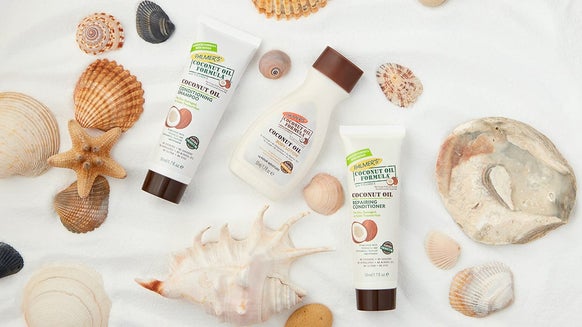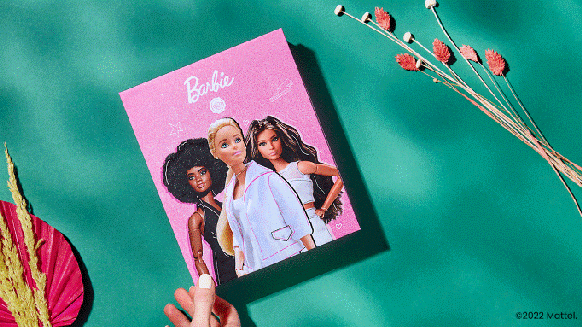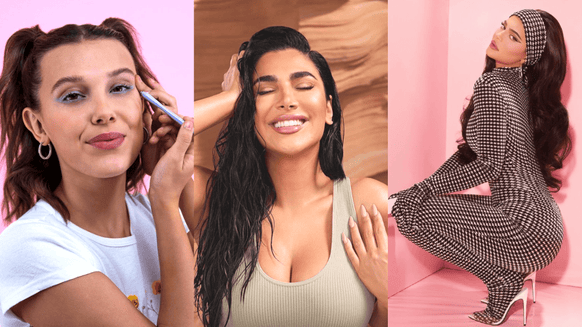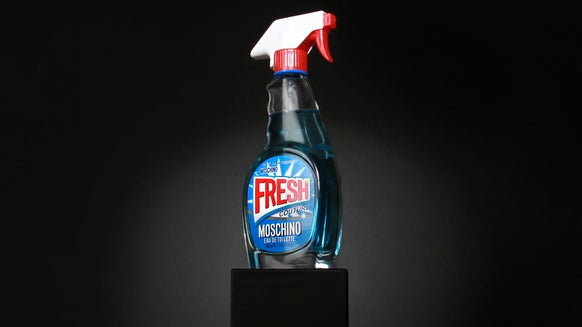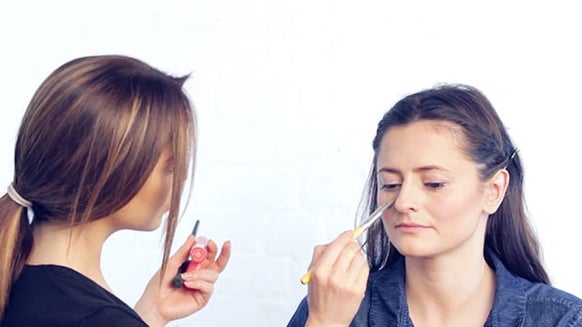#nofilter: Let’s Talk About Menstruation
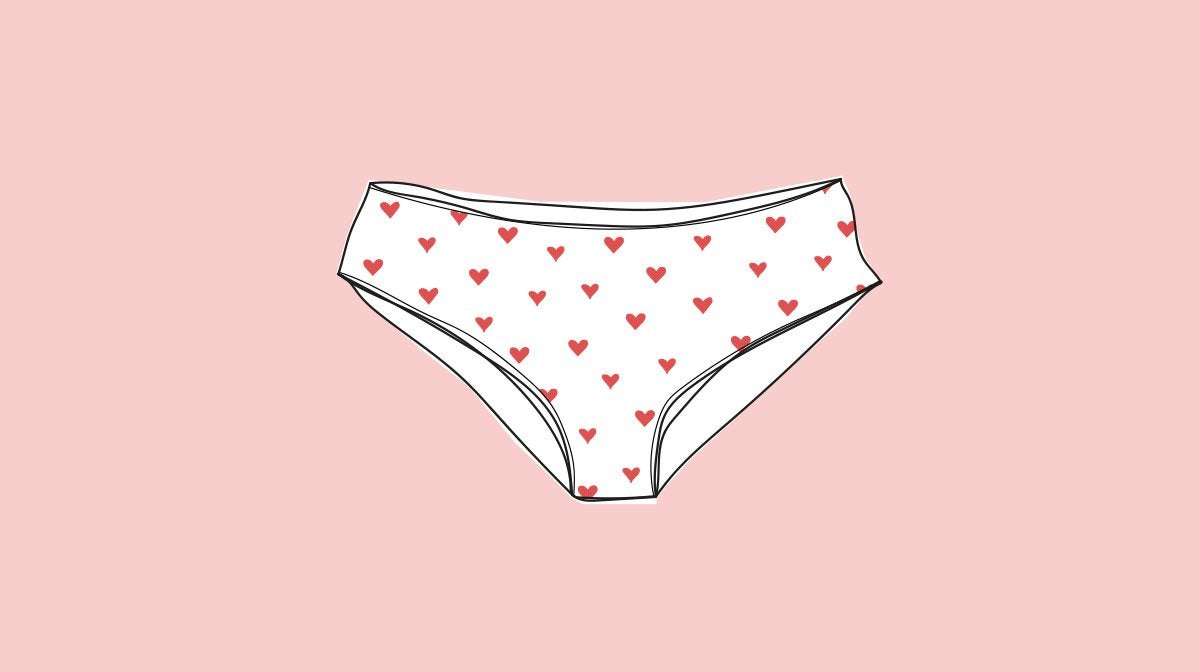
Recently, the launch of a blood emoji and the promise to make menstruation products freely available in primary schools, secondary schools and colleges in England from 2020 onwards have made periods a widely talked about topic – but we still have a long way to go...
Why Are Periods Taboo?
From using euphemisms like ‘monthlies’, ‘auntie Flo’, ‘women’s troubles’, ‘the crimson wave’ and (the most damaging of all) ‘the Curse’, to the way our colleagues discreetly look away as we slip a tampon up our sleeve before heading to the toilet, we are trained to feel embarrassed by our periods. In fact, a poll conducted by Plan International UK found that 48% of all girls between the ages of 14 and 21 are ashamed of their periods.
Now let’s just stop and think about that number for a second, because that’s essentially one in every two young women across the UK. I won’t pretend that I’m qualified to discuss the damaging effects this can potentially have on a girl’s perception of herself. However, what I can relate are countless stories about period shame – and I’ve no doubt that every woman reading this has similar tales to share.
Period Shame
At school, I remember at least 10 girls coming in with doctors notes to get out of swimming in PE because they were afraid of leaking into the pool (by the way ladies, there’s no reason why you can’t swim on your period). - My friends used to constantly ask me if their periods had stained their trousers, and even if there was no stain, they’d still tie a cardigan around their waist.
When I first met my period (about a month after my twelfth birthday), my friend had organised a pool party and rather than telling my girlfriends that I was menstruating, I claimed to have an ear infection to get out of going. I didn't feel comfortable talking to them about it.
You see, before I even had time to come to terms with the amazing things that my body could now do (whether you want kids or not, you have to admit that the ability to give life is truly empowering) I already knew, somehow, that I should keep it quiet. But how do you stay quiet about something that affects your health and well-being for 40+ years of your life? And why should you?
Positive Change: Slowly Breaking The Stigma
I won’t lie, it took me a while to realise that periods should be openly discussed and even longer to feel comfortable talking about menstruation. Part of that was due to self-growth and the other to the inspiring efforts of period positive campaigns and charities.
The Period Emoji
Last month, a new drop of blood emoji was rolled out across iPhones and androids. A symbol of menstruation, this emoji is being hailed as a step towards normalising periods.
I know what you’re thinking, can an emoji really make a difference? Well, in this day and age where people not only use but rely on emojis to convey their emotions, this drop of blood might just be the universal symbol that we need.
In the same way that emojis with different skin tones and hair colours are crucial to making everyone feel like they’re being represented, this small drop of blood is a big step towards washing away the taboo that surrounds periods. Admittedly, it’s not the most explicit reference to menstruation but hey, baby steps right?
Free Menstruation Products: Fighting Period Poverty
Perhaps more significantly, ‘period poverty’ has come under some serious scrutiny over the past couple of years. It was revealed by Plan International UK that 1 in 10 girls across the country can’t afford menstruation products and that 49% of girls have missed an entire day of school because of their period.
When I first heard this story, it seemed ludicrous to me that this should be an issue in a country as wealthy as the UK. It really hit home, though, when one of my closest friends told me that she used to wrap toilet paper around her knickers because she didn’t have enough money to buy adequate products. I’ve no doubt that you’ve heard similar stories of girls using socks, cardboard and newspaper too.
Well, it was this news that led Amika George (who was just 17 at the time) to start her #FreePeriod campaign in 2017. Since then, Scotland has provided free menstruation products to all of its pupils and students, while England has pledged to do the same at the start of 2020.
This will not only allow all girls to access adequate menstruation products (and therefore not have to miss school) but will also help to normalise periods. You see, by addressing period poverty and making menstruation part of a wider conversation, it helps to breakdown the taboo that surrounds this topic.
Be A Part Of The Change
While all of the above may contribute to changing attitudes towards periods, the fact that we continue to stay quiet about menstruation and still use derogatory euphemisms stunts the progress made. So what can you do to be part of the change? I’m glad you asked…
Call It What It Is
Drop the euphemisms that allow people to avoid the subject and call it what it is: menstruation. Oh, and refer to ‘sanitary products’ as ‘menstrual products’. There’s nothing unsanitary, unhygienic or dirty about periods.
Challenge Media Representations
Have you ever looked at the images that come up in Google when you search ‘woman on her period’. Expect pictures of women curled up in balls, clutching a hot water bottle to their stomachs with a pained expression on their faces. Yes, while some time on your period may be spent curled up with some chocolate, the fact is that periods don’t make us weak or vulnerable, despite what these images suggest. Remember that.
Speak with #nofilter
It always surprises me just how many women don’t know what happens to their bodies during their monthly cycle. So, if you aren’t too sure, start by educating yourself, then pass on that knowledge to the women and men around you. Education trumps ignorance and it’s the easiest way to fight taboos.
So, menstruation? A filtered conversation? Not anymore!
#nofilter
This year, I want to openly talk about issues that face every woman every day. Throughout January and February, I’ll be addressing all things menstruation to make periods a normal topic of conversation with #nofiltersonperiods. Stay tuned!

